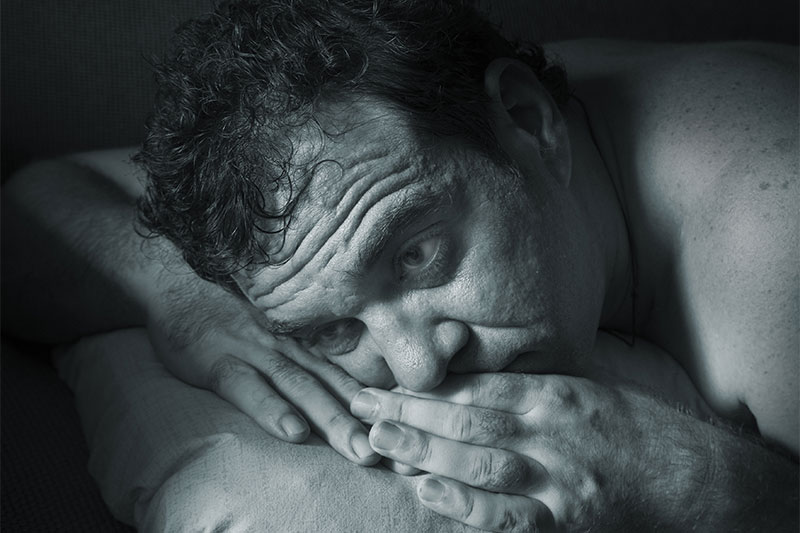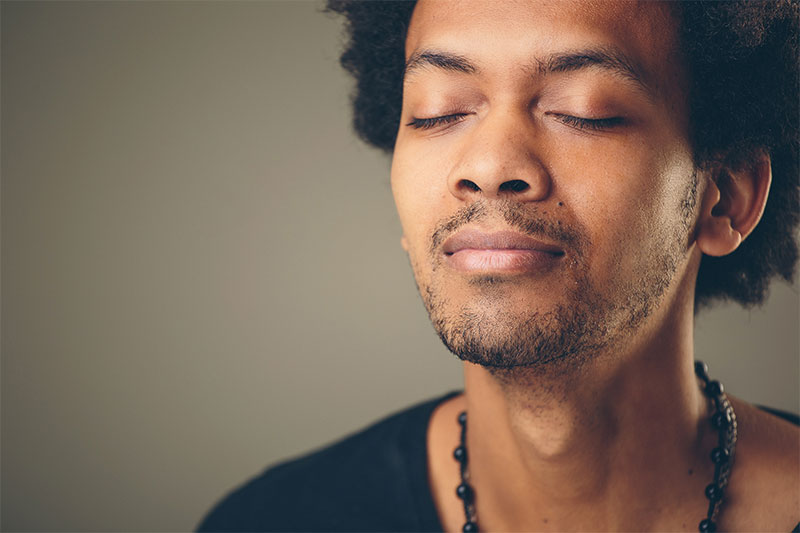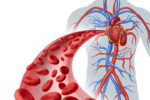Lots of people around the world are unable to sleep during the night because when they are asleep, they sweat profusely. This sweating can range from mild to extremely severe episodes that eventually wake the person up thus disrupting his/her sleep.

It’s important to learn about night sweats because an unexpected, severe episode can be very shocking. They may not be life threatening but certainly are very annoying to live with.
What are Night Sweats?
Night Sweats, scientifically known as Sleep hyperhidrosis, is when you experience soaking, severe sweating at night or sweating while asleep. Kindly note, mild sweating at night would not be characterized as night sweats. You need to sweat profusely to be called Night Sweats.
What Causes Night Sweats?

There are many reasons for Night Sweats such as:
Menopause: The onset of menopause in women causes hot flushes which leads to Night Sweats.
Idiopathic Hyperhidrosis: This is a condition in which the body chronically produces too much sweat without any identifiable medical cause.
HIV Infection: Night sweats is an identified symptom of HIV infection.
General Infections: Various fungal and bacterial infections may also be associated with chronic night sweats.
Cancers: Certain types of cancers of the lymph nodes create an upset in the temperature regulatory functions leading to Night Sweats.
Age: Statistics prove that night sweats occur in adults who are 40 or above due to various genetic and hormonal changes.
Foods: Foods such as red meat, garlic, onions and foods high in capsaicin also lead to night sweats.
Medications: medicines such as antidepressants may indirectly cause night sweats in men.
How do I Stop Night Sweating?
While there is no way to completely eliminate night sweats from your life, certain changes can make the condition less annoying:
Bedroom Etiquettes: Taking a cool bath or shower and changing into dry bedclothes helps the body to cool its temperature. Switch to all cotton bedding and nightclothes. A good idea is to keep a fan nearby to turn on if you do wake up from a night sweat. It is advisable to have the room temperature very cool when sleeping.
Avoid Spicy Foods: The spicy foods usually raise the body temperature and get people sweating. So if you react strongly to these foods, you might want to avoid them because they can trigger night sweats during your sleep. Avoid alcohol, smoking and caffeine as well.
Exercise: Prefer to exercise in the morning as exercising close to bedtime can increases metabolism and thus sweating.

Breathe Deeply: Some studies recommend that slow, rhythmic deep breathing before bedtime may help reduce night sweats. It can also help you get back to sleep after a night-sweat episode.
Hormone Therapy: For severe cases, you can contemplate on hormone therapy for relief from night flashes. Hormone patches can provide you with a steady flow of hormones to reduce the discomfort. Especially, night sweats arising as a symptom of perimenopause can be treated with hormone therapy.
Before you become too anxious about your night sweats, do know that you are not the only one suffering from this uncomfortable situation. Talk to your doctor about medication options for yourself.


